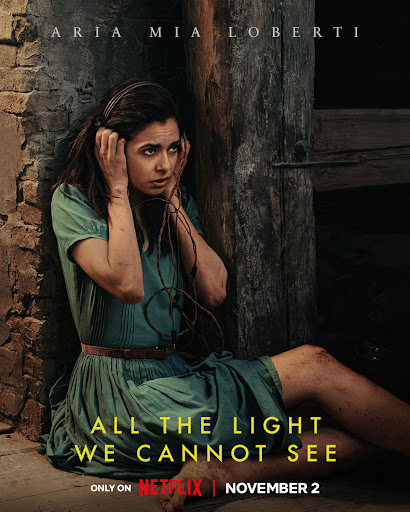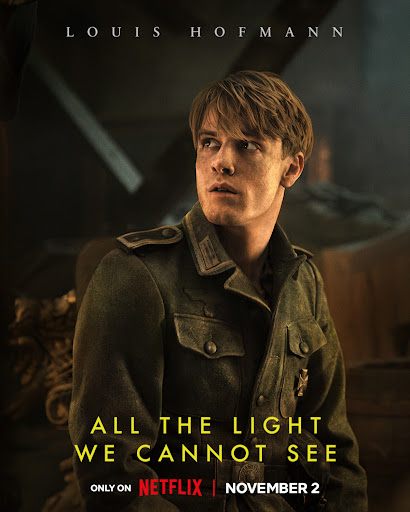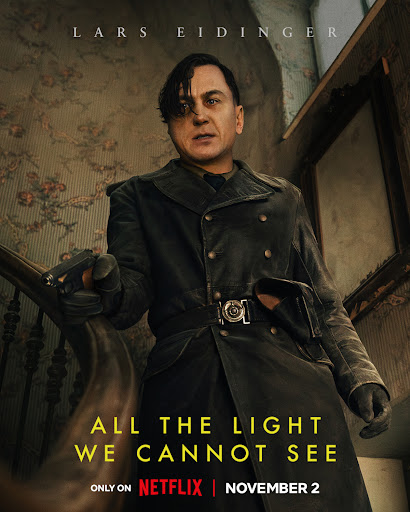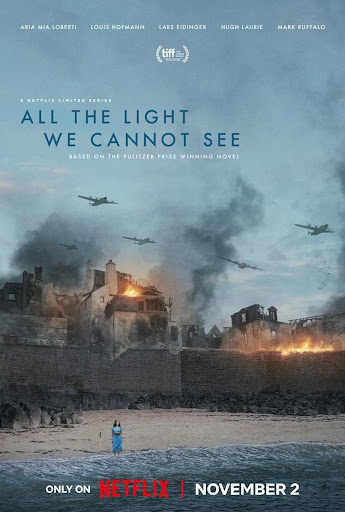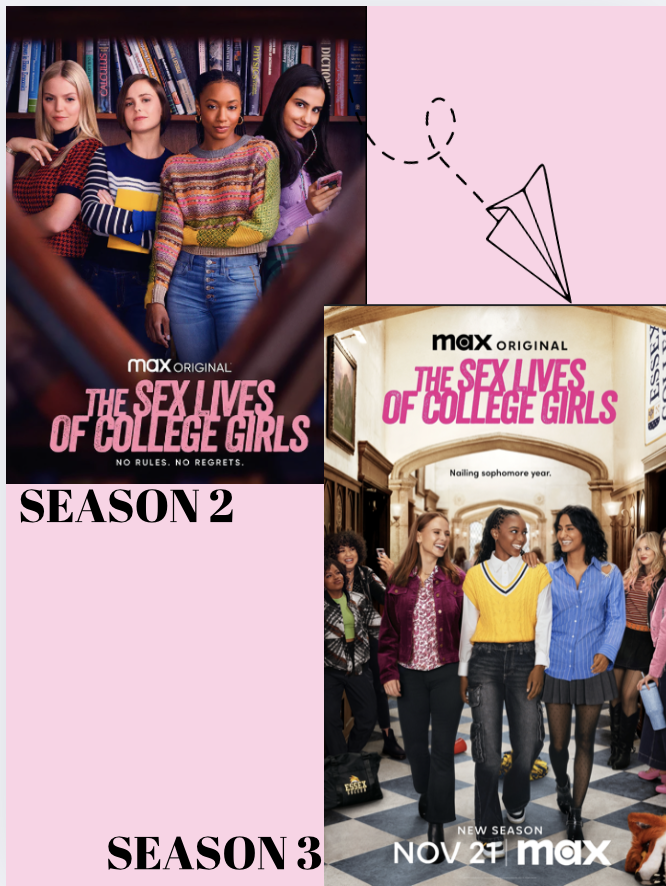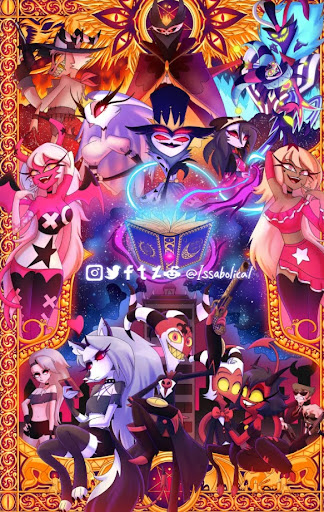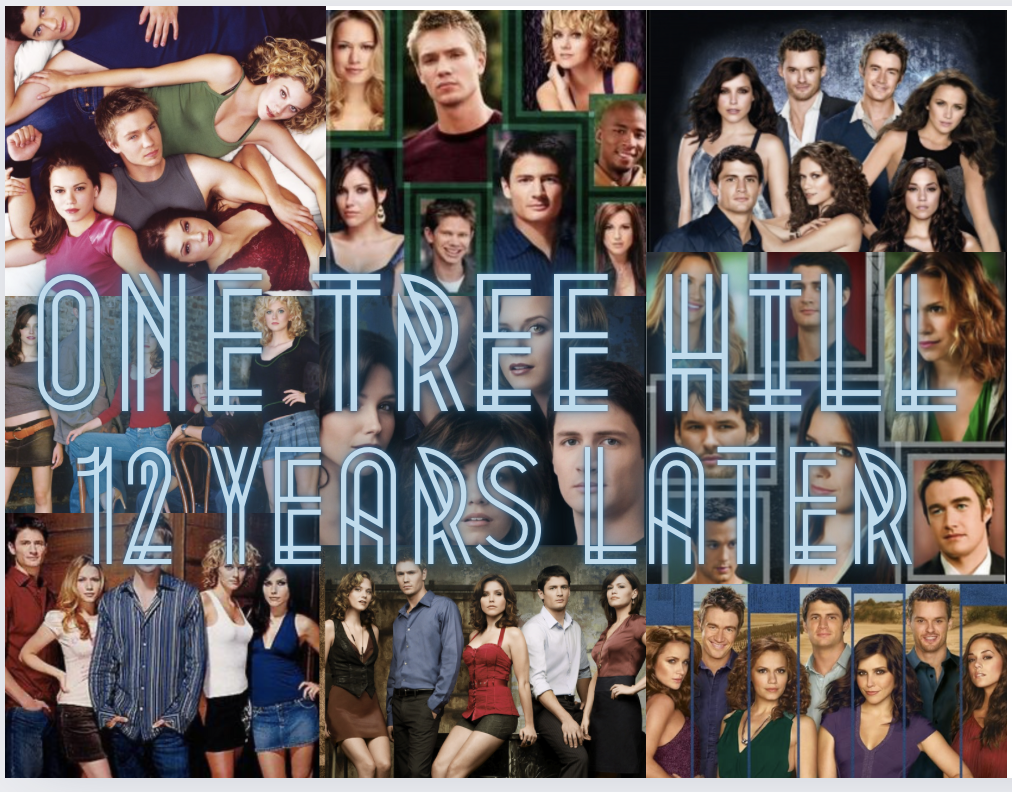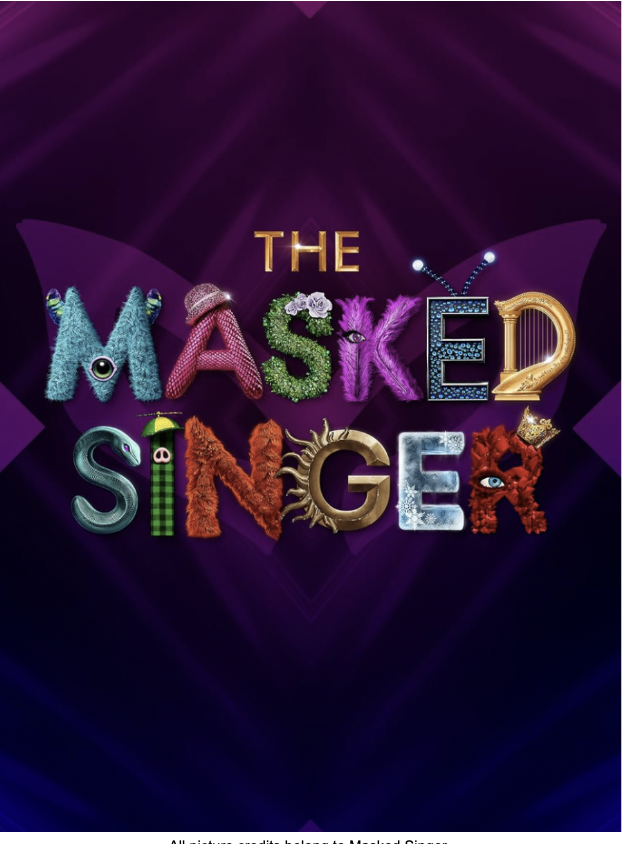*Spoilers about the Netflix Adaptation ahead. Content warning for violence and profanity*
So, this series has been on my mind for the last few days and I wanted to make a review on it. Recently for summer reading, I read the book “All the Light We Cannot See” by Anthony Doerr. I absolutely fell in love reading the book and I was so happy when I heard there was going to be a series about it on Netflix.
All the Light We Cannot See is about a young blind French girl named Marie-Laure LeBlanc and a young German orphan named Werner Pfennig. It takes place in France and Germany and is set during WWII. I was overjoyed to share my opinion on the book in my English III Honors class taught by Mr. Bowne in my PK presentation.
Now, let’s talk about the Netflix adaptation of the novel.
Casting
While I was watching each episode, I really enjoyed how each actor had a unique style portraying their character from the book. The one that stuck out to me the most was Marie-Laure LeBlanc. To make the movie even more realistic, director Shawn Levy created auditions looking for a blind actress to portray Marie. He eventually found Aria Maria Loberti and Nell Sutton (to portray young Marie). Aria and Nell are both blind in real life, and this made me so happy with the casting. I know many people who portray blind people aren’t blind, but this meant something to me. It provided a perspective nobody had ever seen before, and it meant a new step for the blind actresses. Meanwhile, for Werner, Shawn found Louis Hofmann. Louis Hofmann is a German actor,and immediately I thought this was perfect because it fit the book so well. The other characters are also well done. Who knew that Von Rumpel, who is the antagonist of the book, could be so deadly. For casting I would give it a 10/10.
Storyline
Now, I know not many adaptations are accurate to the book. All The Light We Cannot See has a few changes that I thought made the adaptation better. While you are reading the book, you have trouble depicting what it was like for Etienne, Werner, and Marie. In the adaptation, Levy incorporates flashbacks from the present to before the war started. These flashbacks are so well done. It makes you emphasize the pain it must feel for each character. The storyline for the Netflix adaptation is a 10/10.
Book Accuracy
The Netflix adaptation of the book has a few changes that were unlike the book. I would say it was fairly accurate with the changes though. For example, in the book nobody looked after Werner while he was listening to the radio. In the adaptation, Levy created a ranking officer: Schmidt and made him act as a student at the National Institute. I felt like they added him to put pressure on Werner because he was curious as to what Werner was listening to on the radio. When Werner heard that he was a top ranking student, he knew that it was a lie. The adaptation accurately represents Werner’s time at the Institute: Brutal. As soon as you enter the Institute, the headmaster asks you to take off your clothes (it wasn’t really depicted in the book) and checks you for Jewish heritage. If you got hurt from the training, you would be yelled at by your professors and be told that soldiers shouldn’t feel any pain. The only change that I didn’t really like from the book was how during his time at the Institute, they never mentioned the race where if you were the last one, you would be beaten by your fellow classmates. Another change that I liked was how they developed Madame Manec and Étienne. Originally in the book, Étienne wasn’t a part of the Resistance after what he had experienced during WWI. In the adaptation, he is the leader of the Resistance. In the book, Madame Manec was only the housemaid to Étienne. I love how in the adaptation they made Étienne and Manec siblings because you could sort of feel that way from the book. I would give the adaptation a 9.5/10 for book accuracy.
Cinematography
The cinematography was spot on. From the accurate depiction of Saint Malo, to the bombings, it was beautiful. I would also feel bad for the set designer that had to recreate the whole model for Marie. From an audience standpoint, the setting really pulls you into what is happening in the adaptation. I also like how when they do a time jump, they add what the date was and where it took place. That way, you would see if it was about Marie or Werner. I was also happy that Clair de Lune was a part of the soundtrack because when you hear that, it brings a lot of emotion to the screen.
Overall I would give this adaptation a 9.5/10 from the casting, storyline and book accuracy, and the cinematography. I would extremely suggest watching this adaptation because even if you haven’t read the book, it is amazing. If you have a Netflix subscription, I encourage you to check it out. The total runtime is four hours and five minutes long, but it is only four episodes long. For watching it, I tend to watch an episode a day. Here is the trailer and first six minutes of the show to pique your interest. See you all next time and here’s a sneak peak for the next article(👀🐍🕊️🌹).
